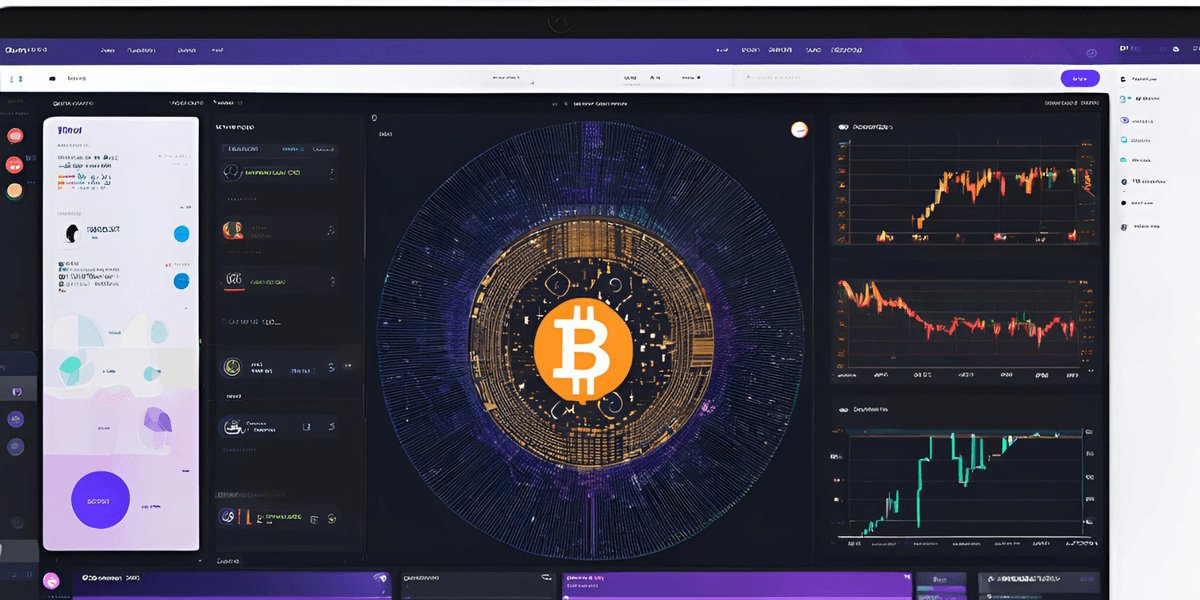
The Role of APIs in Modern Web Applications: Best Practices for Developers

Chirag Chawla
08 Dec 2024 - 02 Mins read
APIs (Application Programming Interfaces) are the backbone of modern web applications, enabling seamless integration, enhanced functionality, and scalability. By acting as intermediaries between different software systems, APIs allow developers to connect services, share data, and streamline processes, making them essential in building dynamic and efficient web solutions. This blog explores how APIs power modern web development and highlights best practices for developers to maximize their potential.
Why APIs Are Essential in Modern Web Applications
1. Seamless Integration: APIs enable applications to connect with third-party services like payment gateways, social media platforms, and analytics tools without duplicating functionality.
2. Enhanced User Experience: With APIs, developers can provide real-time updates, personalized experiences, and faster responses, enhancing user satisfaction.
3. Scalability: APIs allow developers to scale individual components independently, ensuring applications can handle increased traffic and data.
4. Innovation: APIs make it possible to integrate cutting-edge technologies like machine learning, IoT, and artificial intelligence, fostering innovation across industries.
| Best Practice | Description |
|---|---|
| Use RESTful Architecture | Follow REST principles to ensure APIs are simple, scalable, and stateless. |
| Secure Your APIs | Implement authentication methods like OAuth 2.0 and use HTTPS to protect sensitive data. |
| Versioning | Maintain API versions to ensure backward compatibility and smooth updates. |
| Rate Limiting | Set limits on API usage to prevent abuse and ensure consistent performance. |
| Provide Clear Documentation | Include comprehensive guides on API endpoints, parameters, and expected responses. |
| Thorough Testing | Regularly test APIs for performance, security, and reliability to ensure a seamless user experience. |
Real-World Applications of APIs
1. E-commerce: APIs power payment processing, inventory synchronization, and shipping integrations.
2. Social Media: Social APIs enable authentication, content sharing, and analytics tracking.
3. Healthcare: APIs facilitate interoperability between healthcare systems, improving patient data management.
4. Finance: APIs drive secure transactions, credit scoring, and integration with fintech platforms.
5. Travel: Travel apps use APIs for real-time updates, booking options, and mapping services.
Conclusion
APIs are indispensable in modern web development, empowering developers to create feature-rich, scalable, and innovative applications. By following best practices, such as using RESTful principles, securing endpoints, and providing clear documentation, developers can maximize the potential of APIs while ensuring a seamless user experience. In a world where efficiency and integration are paramount, mastering API development is essential for success.
APIs are not just tools—they are the backbone of innovation in web applications.


